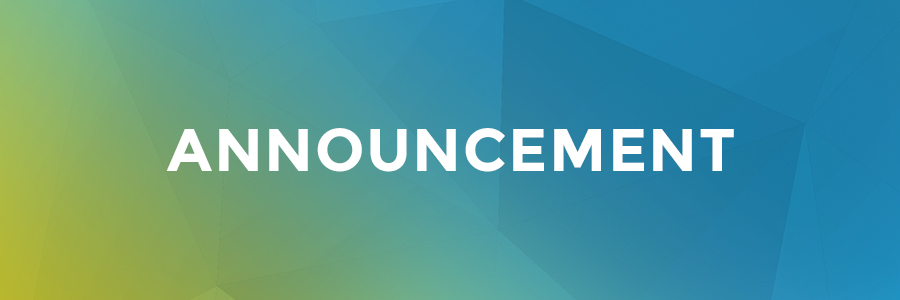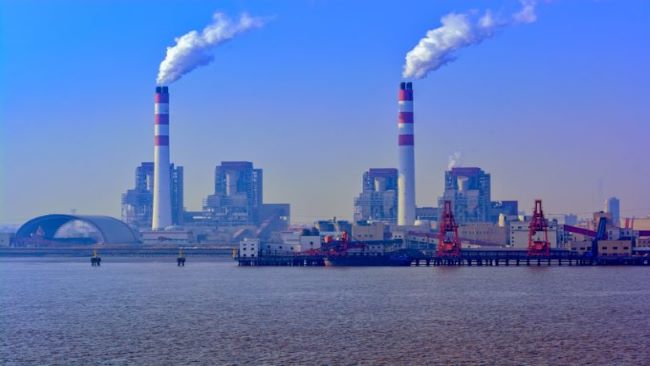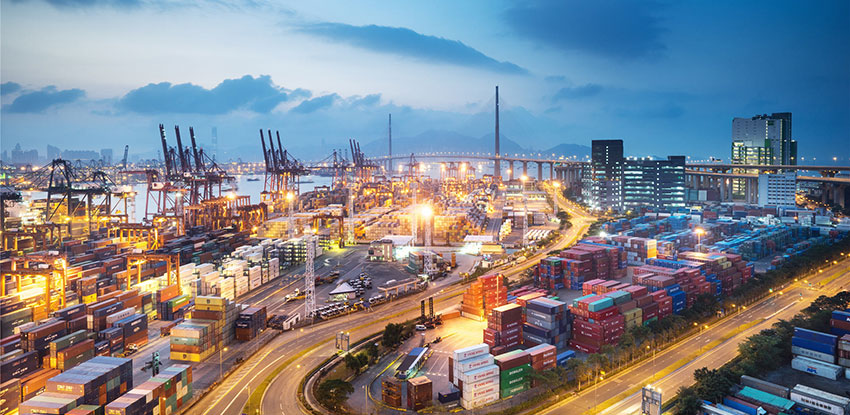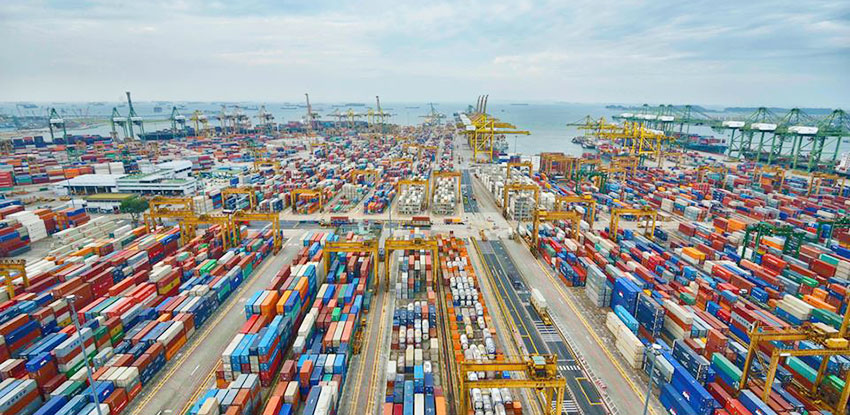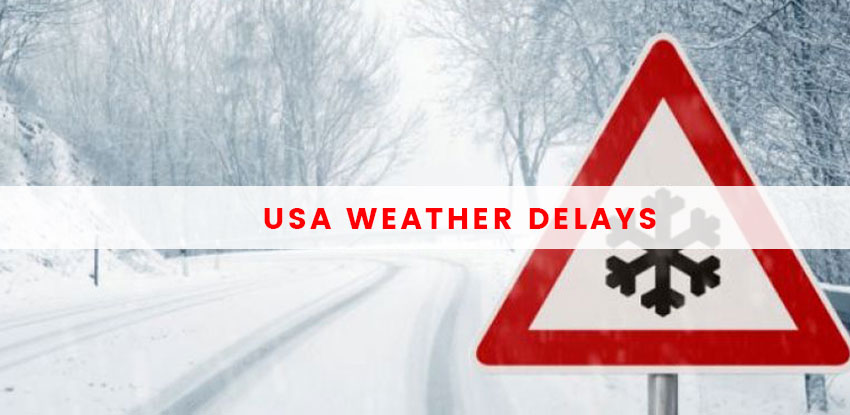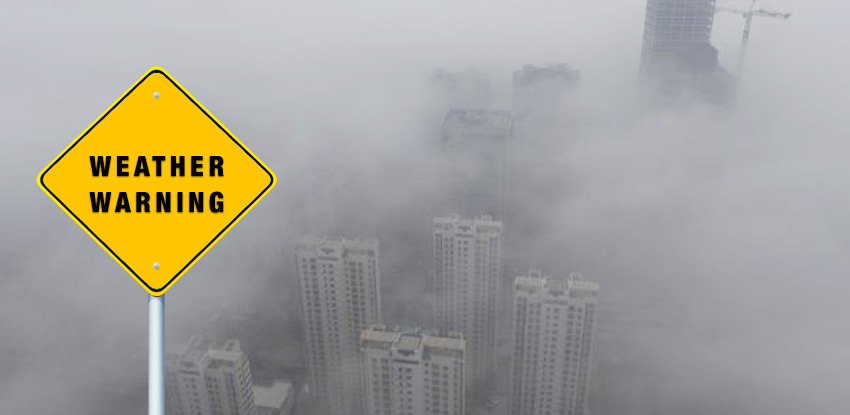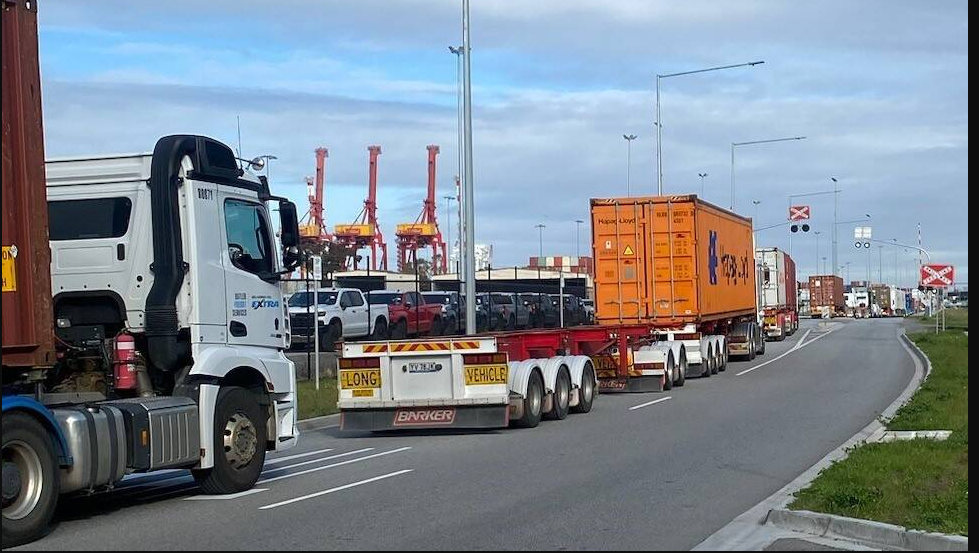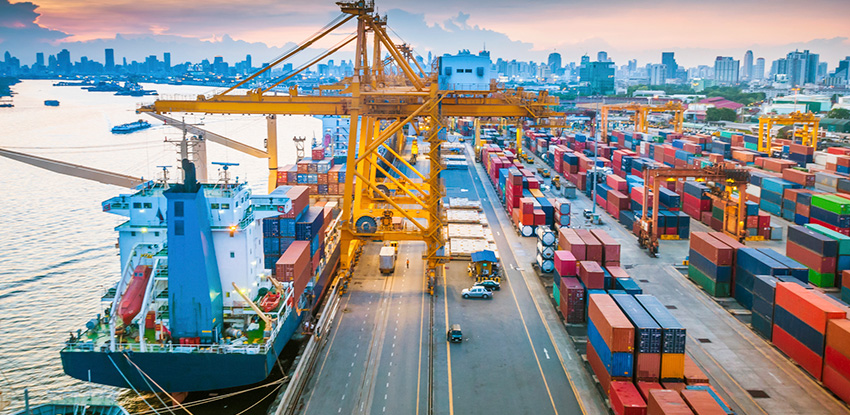Further information has been received regarding the outbreak of Lumpy Skin Disease in Italy.
Goods impacted by the outbreak
These include, but are not limited to:
- Goods containing greater than 10% dairy by dry weight where the dairy is sourced, manufactured or exported from Italy, other than commercially prepared and packaged chocolate. This includes goods that contain more than 10% dairy by dry weight in total but less than 10% Italian dairy. For further information regarding the impacts on dairy products, see Clarification for composite dairy products and the 25 April 2025 cutoff, below.
- Pet food and stock feed containing or derived from bovine materials sourced, manufactured or exported from Italy.
- Veterinary therapeutics containing or derived from bovine materials sourced, manufactured or exported from Italy.
- Laboratory goods containing bovine fluids and tissues, including but not limited to animal fluids and tissues, culture media, foetal bovine serum and other laboratory materials, where the permit states bovine material is sourced, manufactured or exported from Italy.
- Reproductive material derived from cattle, water buffalo and susceptible zoo animals, such as zoo bovids, sourced or exported from Italy.
Any goods in transit will be assessed on a case-by-case basis and potentially subject to biosecurity measures. Assessment may include consideration of whether the product or ingredients were fully finished or exported from Italy before 25 April 2025.
Goods that pose an unacceptable biosecurity risk may be subject to biosecurity measures such as export, treatment or destruction. Importers and brokers who are unsure of the status of their goods should contact [email protected] for advice before arranging the export of any goods from Italy to Australia.
Goods NOT impacted
Goods that do not require country freedom from LSD, include but are not limited to:
- Goods containing less than 10% dairy by dry weight and no other ingredients of biosecurity concern for human consumption.
- Lactose, solid chocolate, including imitation chocolate, and ghee for human consumption.
- Collagen, with a permit, for human consumption.
- Retorted dairy, meat and petfood, with a permit.
Impacts on import permit holders
To manage the biosecurity risks to Australia, we have initiated contact with permit holders and permit applicants impacted by the LSD outbreak in Italy. We are now working with importers to vary import permit conditions to reflect the change in LSD-status.
It is expected that the changes to Italy’s LSD-status will impact the import permit conditions for goods to Australia containing or derived from LSD-susceptible species sourced, manufactured or processed in Italy after 25 April 2025.
Importing goods sourced, manufactured or processed in Italy before 25 April 2025
Importers may continue to import goods containing or derived from LSD-susceptible species that were fully finished and packaged for export or exported from Italy prior to 25 April 2025 and where all other import conditions are met. Importers or brokers may need to supply evidence of the date of sourcing, manufacturing or processing before goods can be released from biosecurity control. The additional requirements may cause delays in releasing your goods from biosecurity control.
Enroute shipment of goods sourced, manufactured and processed in Italy after 25 April 2025
The goods already enroute to Australia will be assessed on a case-by-case basis upon arrival at the border.
Goods assessed as having an unacceptable level of biosecurity risk may be subject to biosecurity measures such as export, treatment or destruction.
Importers and brokers that are unsure of the status of their goods should contact [email protected] for advice before arranging for the export of any product to Australia.
Goods sourced, manufactured and processed in Italy after 25 April 2025
The 25 April 2025 cutoff date refers to the date when the LSD-susceptible species derived component of the goods was sourced, processed or manufactured in Italy.
Viable LSD virus could be introduced into the products if contamination with ingredients sourced from infected animals occurs during processing.
Accordingly, products manufactured in Italy after 25 April 2025 may not be permitted entry into Australia and may be directed for export, treatment, or destruction with the exception of composite dairy products which meet additional risk management requirements.
Clarification for composite dairy products and the 25 April 2025 cutoff
Dairy products sourced from, processed or manufactured in Italy after the 25 April 2025 cut-off date may still be permitted with additional risk management requirements.
These additional risk management requirements have been developed in line with the recommendations of the Import risk review for dairy products for human consumption – final report (the dairy review) and will require updates to import permit conditions and health certificate wording. The department will contact affected importers to vary import permit conditions to reflect these changes as required.
Products and consignments which fail to meet these additional requirements may not be permitted entry into Australia and may be directed for export, treatment, or destruction.
Dairy ingredients sourced from Italy before the cutoff
If dairy ingredients sourced from Italy were imported to another LSD-free country for processing, the importer or broker will need to be able to demonstrate that the dairy ingredients were fully finished and packaged for export or exported from Italy before 25 April 2025 and link the ingredients to a consignment. This may include evidence such as commercial documentation specifying when the dairy goods were sourced, processed and/or manufactured in Italy. An import permit is required to import these types of dairy goods.
Regionalisation agreements
Australia does not have established regionalisation agreements for imports from any country for LSD.
The Australian Government can undertake its own evaluation according to the existing policy which is outlined in Evaluation of animal health status of countries, zones and compartments for imports of animals and products of animal origin, available on our Import request page.
Chocolate and goods containing dairy
Goods containing less than 10% dairy by dry weight and solid chocolate, including imitation chocolate, for human consumption, can continue to be imported into Australia from Italy. The goods still need to meet the relevant import conditions specified on BICON.
Testing products
Testing products for LSD is not considered an acceptable alternative to sourcing, processing and manufacturing goods in countries that are approved by the department as being LSD free.een received regarding the notification of an outbreak of Lumpy Skin Disease in Italy.
Please click here to read the latest Trade situation in Europe.

